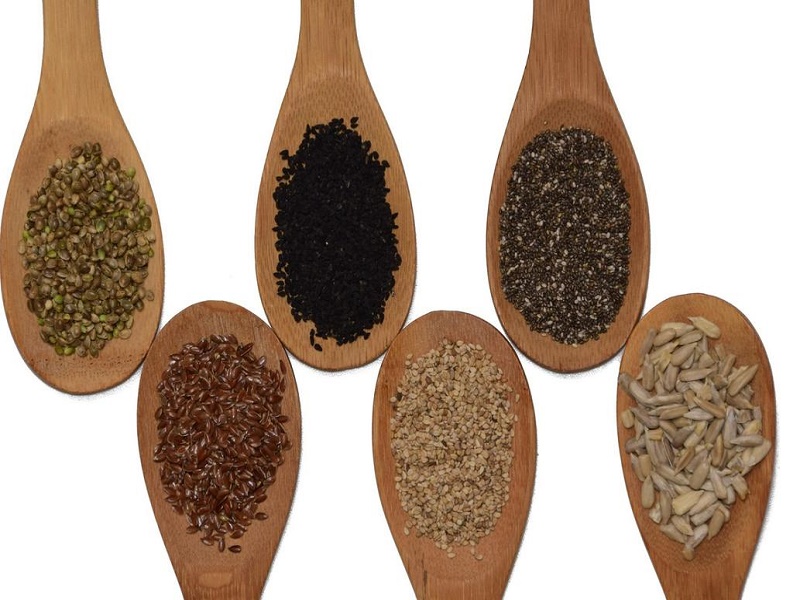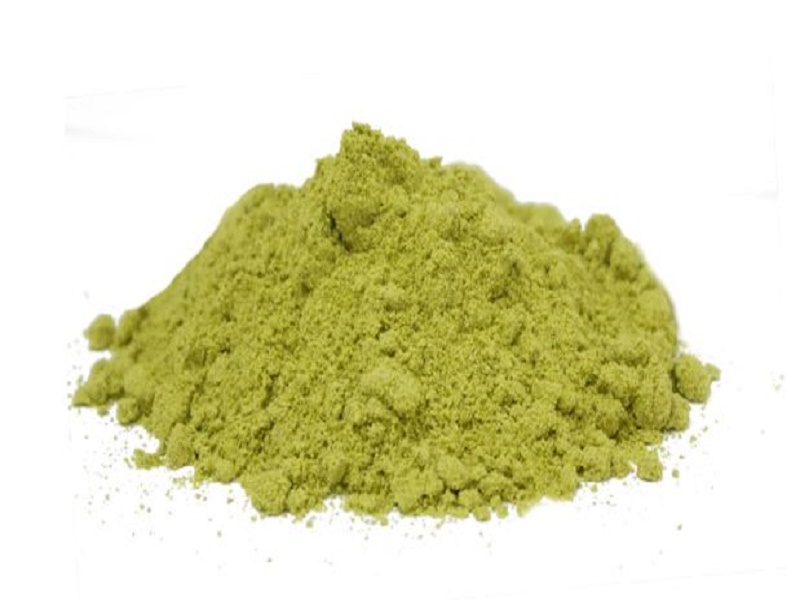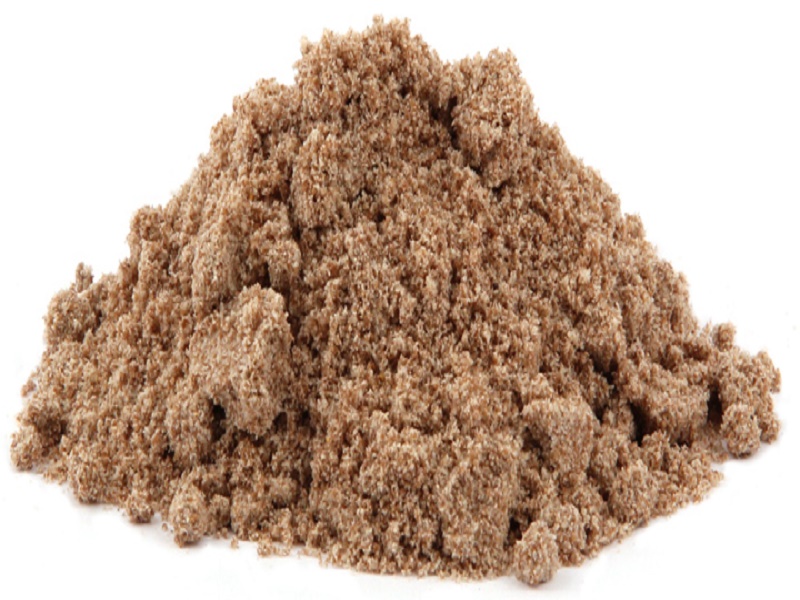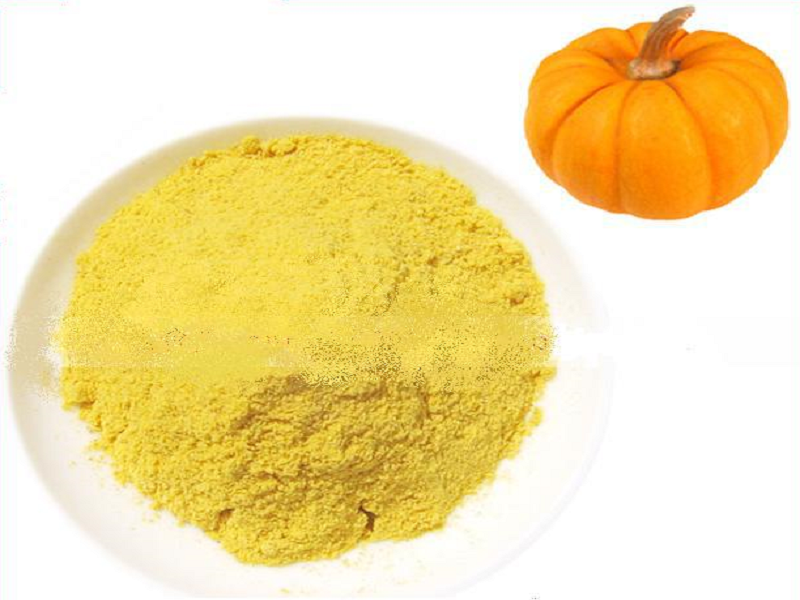Although at first sight the seeds only look like “bird food”, they are likely to represent one of the most complex truths to understand at the nutritional level: the size and weight of what we eat does not necessarily influence the nutrients we receive. Yes, something small can add a lot to our diet and something huge can not fill us up, except calories. The seeds represent an interesting bonus track that we can add to our daily meals but … beware! They have their secrets.
We asked all our questions to Dr. Andrea R. Miranda, medical nutritionist, medical director of the Argentine Society of Aesthetics and Integral Nutrition and here we tell you what we learned.
Do they eat how they come or do they have to be prepared in some way?
There are two ways to consume seeds: as they come, that is, whole, or well, ground. This process makes all the difference. In the first case, the main function of the seed in the organism is to provide fiber, with a double benefit. On the one hand, they provide greater satiety with almost no caloric intake and on the other, in this way, improve and regulate intestinal motility. Now, the ground seeds make this same contribution of fibers but also, “untie” the internal properties of each type of seeds. These properties are usually excellent. There are calcium, iron, vitamins and trace elements in them. That is, so that the nutrients are really released, they must be ground at the moment: the same pepper or coffee grinder usually works very well, also the multiprocessors and the small homemade mortars.
Can I cook them or ruin everything?
If the whole kitchens do not ruin anything since their fiber quality is still intact, but cooking them after grinding them does not make sense since they “burn” their properties. The best thing you can do if you want to use the ground seeds to the maximum, is to spread them over salads, stews or soups, just when you are going to eat them. You can also put them on cheese, on toast at breakfast time or between your granola. Some people add it to their smoothies, desserts and jams.
Is it true that ground seeds provide a lot of calories?
They provide calories, yes. Think, for example, that oils are made from seeds. It is true that what is inside is a considerable amount of fat, vegetable and good, but fat in short. In general it is recommended not to consume more than two tablespoons per day of ground seeds, for example, one tablespoon at lunch and another at dinner. This represents 30, 40 grams.
What are the most powerful seeds
Chia Despite their diminutive size, they supply an enormous amount of nutrients such as iron, folate, omega-3 fatty acids and soluble fiber. They also have calcium. This is clear, when they are ground. If we usually see them whole, steeped and in the famous puddings, it is because most people appeal more to their laxative than nutritional properties.
Pumpkin. They are another revelation. Its intake increases the levels of iron, zinc, vitamin B, magnesium and proteins. They also contain antioxidants and a high concentration of the amino acid tryptophan, which helps reduce levels of anxiety.
Lino . It is rich in fiber, magnesium, vitamin B1, and above all, in omega-3 fatty acids, as well as the poppy seed that can also make considerable contributions of omega-6 and 9. Sesame is a great ally of vegans and vegetarians among other things because of their great contribution of calcium, magnesium, iron, phosphorus and selenium.
Hemp. The seed of cannabis is also consumed. It contains all the essential amino acids, linoleic acids, vitamins and minerals and no, it does not produce any effect similar to marijuana.
Your benefits in vegetarian diets and other situations
- In vegetarian or vegan diets, seeds are essential, rather than a complement, they represent a necessity.
- In addition, the seeds have a lot to add specifically to those who seek to control their cholesterol levels, improve their intestinal mobility and prevent obesity.
- There are studies that show that add up in treatments of autoimmune diseases, cardiovascular diseases, cancer and diabetes, provided they are accompanied by other habits that guide our health in that direction.
- It is also recommended to incorporate seeds during the menopause process.
- If you’re coquette, the fact is that they help improve the appearance of skin and hair.
Do not consume them at all if something of this happens to you
- If you suffer from irritable bowel or intestinal obstruction.
- If you are breastfeeding, it is best to do without seeds such as linen, and hemp, whose repercussions in breast milk are not fully studied.
- Attention !: Poppy can cause intoxication in babies.
- When trying something new, never discard the possibility of an allergy, no matter how natural a product is.







